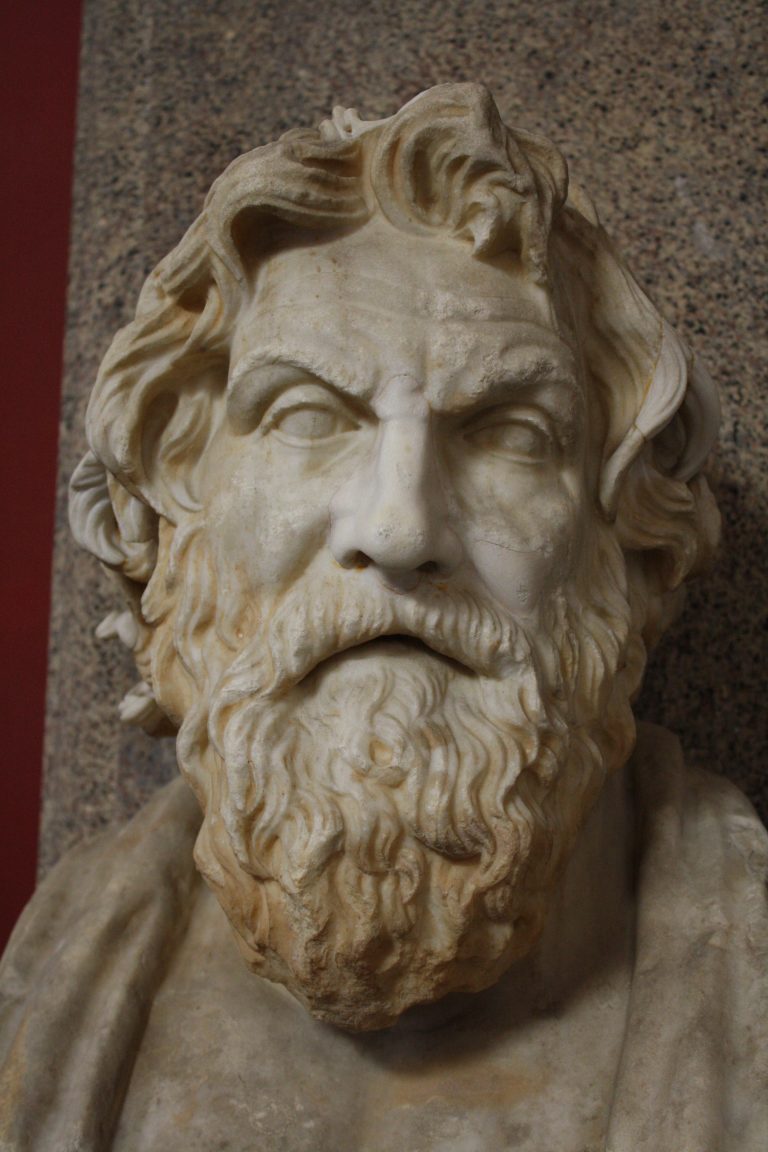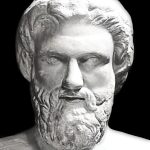Date of Birth: c. 445 BCE
Zodiac Sign: Unknown
Date of Death: c. 365 BCE
Biography
Antisthenes was an ancient Greek philosopher and a pupil of Socrates. Born in Athens around 445 BCE, he was a significant figure in the development of the Cynic philosophy. Antisthenes stressed the importance of virtue and believed that it was sufficient for happiness. He is often credited as one of the founders of Cynicism, a school of thought that emphasized living in accordance with nature and rejecting conventional desires for wealth, power, and fame. Antisthenes’ works, although largely lost, had a profound influence on later philosophers, including Diogenes of Sinope and the Stoics. He is known for his ascetic lifestyle and his belief in the simple life, which he practiced and preached throughout his life.
5 Interesting Facts about Antisthenes
1. Antisthenes was a direct disciple of Socrates and attended his teachings extensively.
2. He founded a school in the Cynosarges gymnasium, which was open to non-Athenians.
3. Antisthenes was known for his ascetic lifestyle, rejecting luxury and advocating for self-discipline.
4. He believed that virtue could be taught and that it was the only true path to happiness.
5. Antisthenes wrote many works, but most have been lost; his philosophical ideas are known mainly through the works of later philosophers.
5 Most Interesting Quotes from Antisthenes
1. “The most useful piece of learning for the uses of life is to unlearn what is untrue.”
2. “I would rather go mad than experience pleasure.”
3. “Wealth and poverty do not lie in a man’s estate, but in men’s souls.”
4. “Pay attention to your enemies, for they are the first to discover your mistakes.”
5. “The investigation of the meaning of words is the beginning of education.”
Highest Net Worth Achieved
As an ancient philosopher who led an ascetic lifestyle, Antisthenes did not accumulate wealth and had no significant net worth in monetary terms.
Children
Historical records do not mention any children of Antisthenes, suggesting either he did not have children or they were not notable enough to be recorded.
Relevant Links
1. [Antisthenes – Wikipedia](https://en.wikipedia.org/wiki/Antisthenes
4. [Antisthenes – Internet Encyclopedia of Philosophy](https://www.iep.utm.edu/antisthenes/
5. [Cynicism – Britannica](https://www.britannica.com/topic/Cynicism

